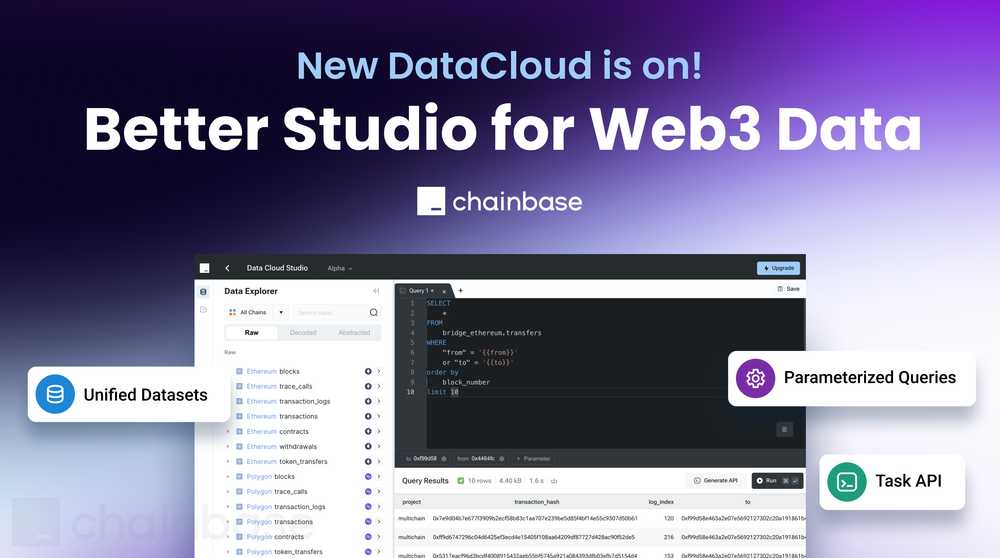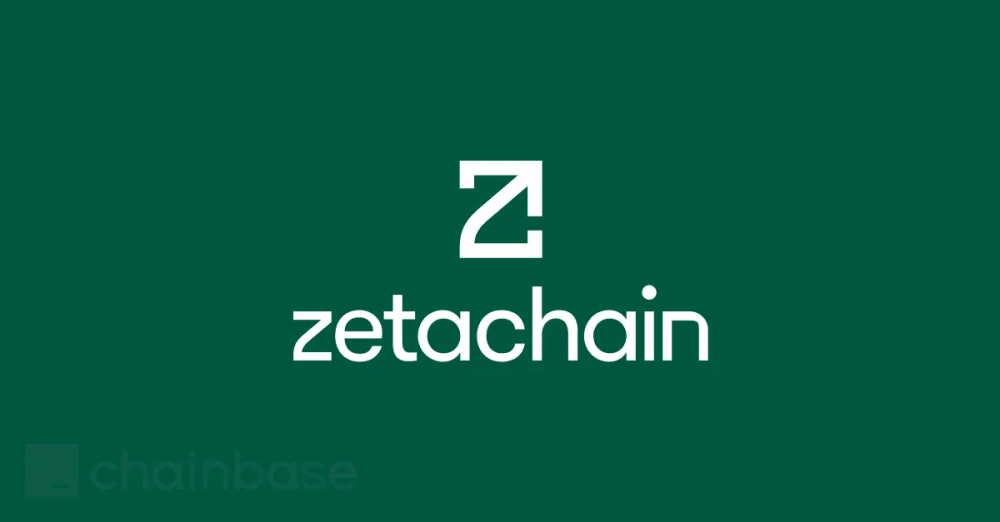I. What is Wei
Wei is an essential concept in the world of Ethereum, serving as the smallest unit of Ether in this blockchain network. As cryptocurrencies gain traction, understanding the various denominations becomes crucial for seamless transactions and interactions within the Ethereum ecosystem. Let's delve into the fascinating world of Wei and its significance in the crypto space.
Named after cryptographer Wei Dai, Wei represents the building block of the Ethereum network. To put it into perspective, a staggering one billion Wei equates to a single Ether. As Ether's value fluctuates, Wei acts as the fundamental unit, facilitating microtransactions and enabling users to transact even the tiniest fractions of this popular cryptocurrency.
II. Denominations of Wei
As we explore the Ethereum network's intricate denominational structure, we find that Wei can be further subdivided into smaller units, each serving a unique purpose. Among these subunits are Kwei, Mwei, Gwei, and more. However, it is Gwei that has gained substantial popularity and adoption due to its practicality and usability.
III. What is Gwei
Gwei, short for Gigawei, represents a billion Wei units. In other words, one Gwei equals one billion Wei. The Ethereum network primarily uses Gwei as the unit of choice when dealing with gas fees. For those unfamiliar, gas fees are the charges incurred for executing smart contracts or any other transactions on the Ethereum blockchain.
With the Ethereum fee mechanism reformed in 2021, users now experience greater transparency and predictability in gas fee calculations. These fees ensure that the network remains secure and that miners are incentivized for validating transactions and maintaining the blockchain.
IV. Converting Wei to Gwei
Converting between Wei and Gwei is a straightforward process. To convert an amount of Wei to Gwei, divide the given amount by one billion. For example, if you have 420,069,000,000 Wei, divide it by 1,000,000,000 to get 420.069 Gwei.
V. Converting Wei to Ether
Apart from converting Wei to Gwei, it's also essential to know how to convert Wei into the more familiar Ether. To do this, divide the amount of Wei by 10^18, which is a significant number since one Ether consists of 100,000,000,000,000,000 Wei. As an illustration, if you possess 100 trillion Wei, dividing it by 10^18 will yield 0.0001 Ether.
VI. Converting Wei to Ether in Code
For developers and programmers, converting Wei to Ether can be effortlessly achieved through the chainbase SDK's formatEther method. By utilizing this method, you can easily obtain the balance from a specific address and then format it into Ether. This convenient and efficient approach streamlines various Ethereum-based applications and services, enhancing user experiences throughout the network.
In conclusion, Wei and Gwei are pivotal components of the Ethereum ecosystem, enabling users to engage in precise and efficient cryptocurrency transactions. As the Ethereum network continues to evolve, understanding these denominations becomes increasingly vital for both regular users and developers alike.
FAQs
1. What is the significance of Wei in Ethereum?
Wei represents the smallest unit of Ether in the Ethereum network, making it essential for conducting microtransactions and precise value transfers.
2. Who is Wei Dai, and why is Wei named after him?
Wei Dai is a renowned cryptographer known for his contributions to the field of cryptography. Ethereum's smallest unit, Wei, is named in his honor.
3. Why is Gwei the most commonly used unit in Ethereum?
Gwei, short for Gigawei, is commonly used in Ethereum for calculating gas fees, making it a practical and widely adopted denomination.
4. How do I convert Wei to Gwei?
To convert Wei to Gwei, divide the amount of Wei by 1 billion. For example, 1,000,000,000 Wei is equivalent to 1 Gwei.
5. What is the role of gas fees in Ethereum transactions?
Gas fees are the charges incurred for executing transactions and smart contracts on the Ethereum network, ensuring its security and functionality.
About Chainbase
Chainbase is an all-in-one data infrastructure for Web3 that allows you to index, transform, and use on-chain data at scale. By leveraging enriched on-chain data and streaming computing technologies across one data infrastructure, Chainbase automates the indexing and querying of blockchain data, enabling developers to accomplish more with less effort.
Want to learn more about Chainbase?
Visit our website chainbase.com Sign up for a free account, and Check out our documentation.
Website|Blog|Twitter|Discord|Link3






